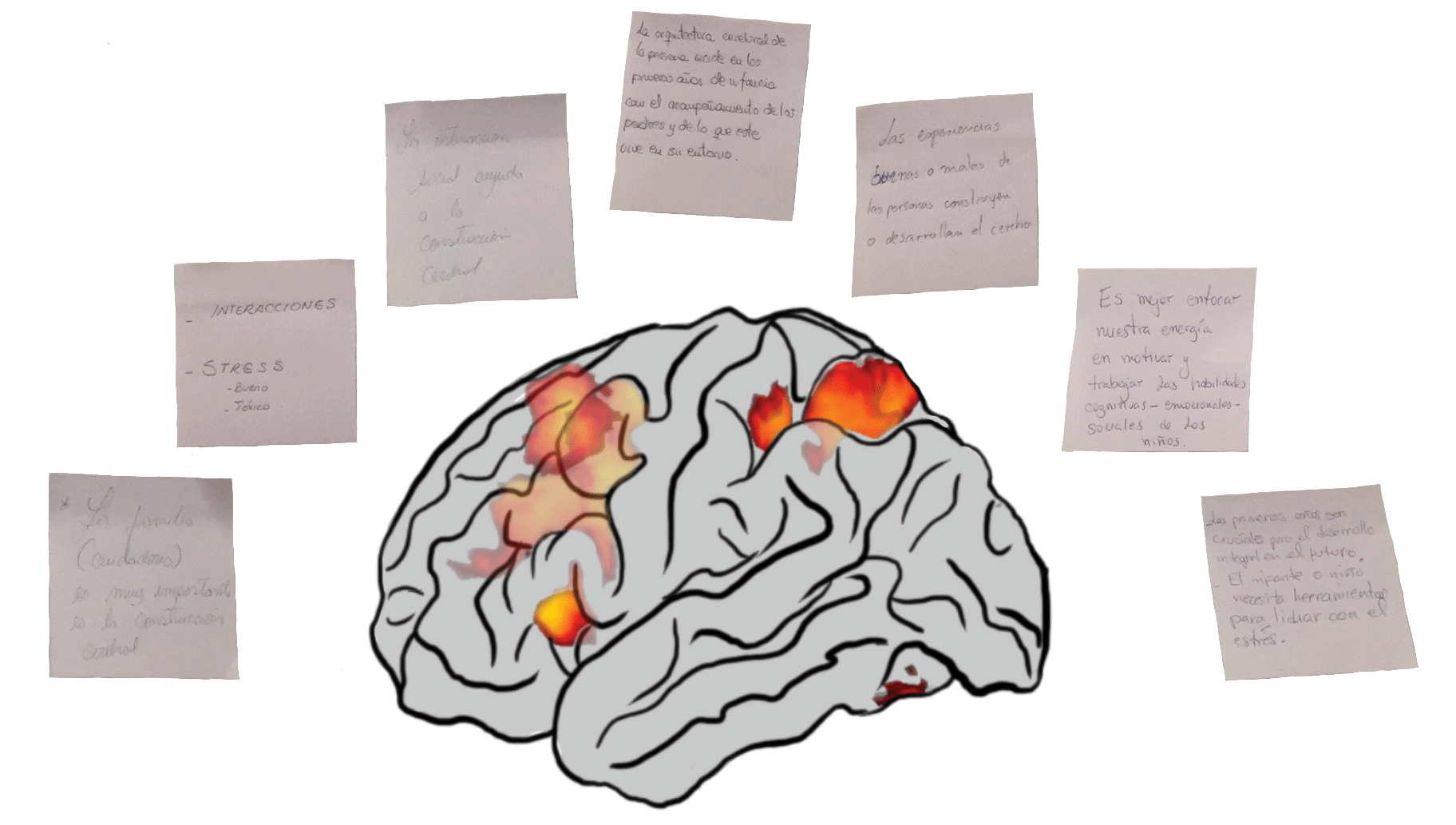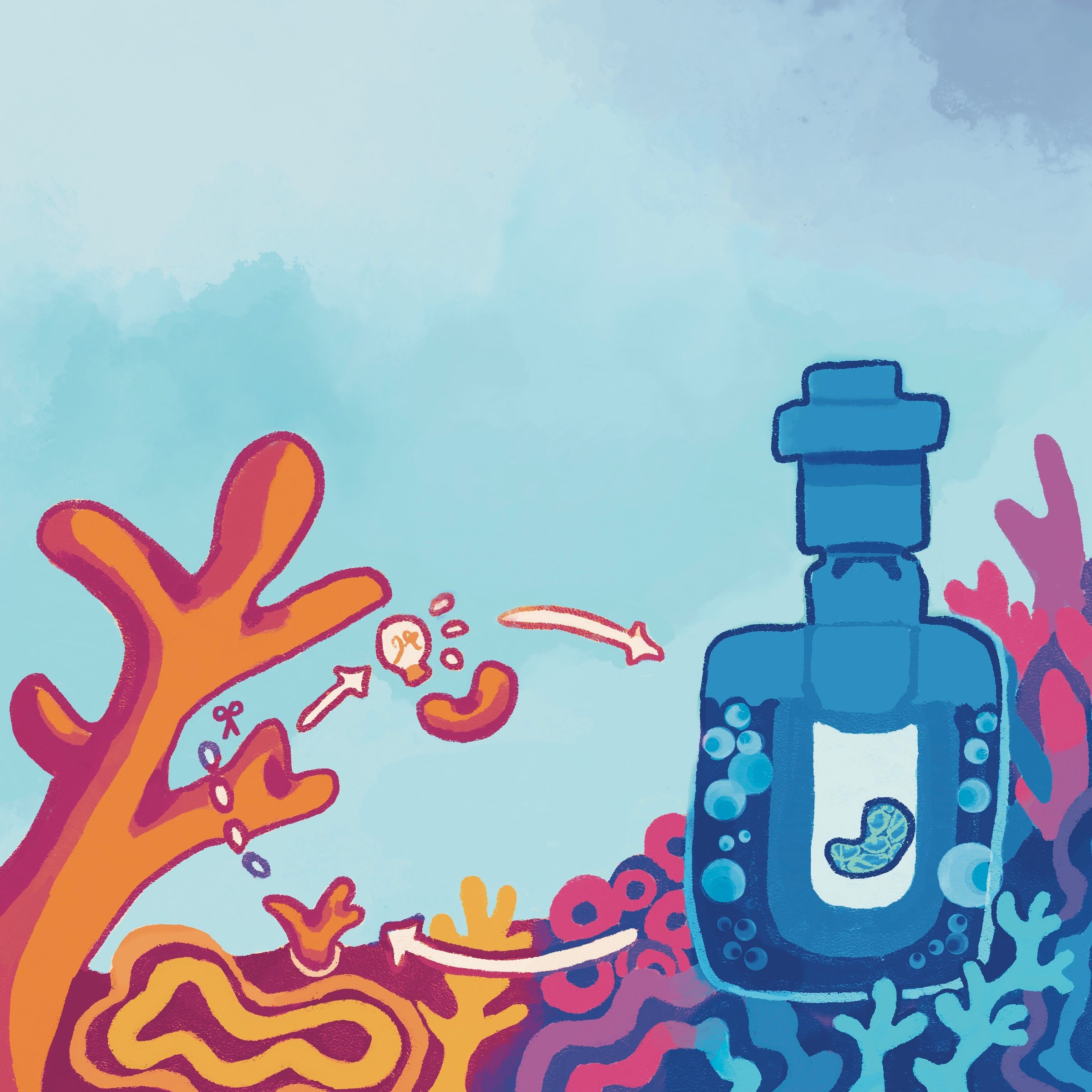 Scientists at UC Berkeley are using neuroscience to improve on education techniques in Latin America.
Scientists at UC Berkeley are using neuroscience to improve on education techniques in Latin America.
The adolescent brain is rapidly rewiring at a time when it must navigate intricate social and digital environments. At this age, the natural development of the brain can motivate impulsiveness and poor decision making with potential lifelong consequences. Dr. Lucia Magis-Weinberg, a postdoc in the lab of Dr. Ron Dahl at the UC Berkeley Institute for Human Development, tries to prevent shortsighted behavior in teens by developing programs that teach them how to act prudently before they encounter difficult situations. One such program focuses on what she calls “digital citizenship” to help teenagers understand their rights and responsibilities in the digital world.
Magis-Weinberg explains that in adolescent development, “the limbic system, the part of the brain that responds to social norms and new and risky sensations, matures earlier than the frontoparietal region, the part of the brain that regulates behavior and controls plan-oriented thought.” While a teenager's sensitivity to social environments and diminished plan-oriented thought may enable them to explore their surroundings and social milieu, Magis-Weinberg warns, “It may also push adolescents to engage in dangerous behaviors encouraged by their vulnerability to peer pressure.”
These neurodevelopmental facts are translated into classrooms and curricula. “We try to act early, in middle school, and prevent, instead of solving issues at a later age,” says Magis-Weinberg. Specifically, she and her team use vignettes that introduce teenagers to situations they might encounter in the digital world, such as bullying or sexting.
In collaboration with the nonprofit Common Sense Education, Magis-Weinberg is translating and adapting a culturally relevant curriculum for Latin American audiences that addresses topics like media balance, digital wellbeing, and privacy. Their pilot program will be taught to 20,000 adolescents in Peru starting in May 2019.
Augusto Berrocal is a graduate student in molecular & cell biology
Design: Mackenzie Kirchner-Smith
This article is part of the Spring 2019 issue.





